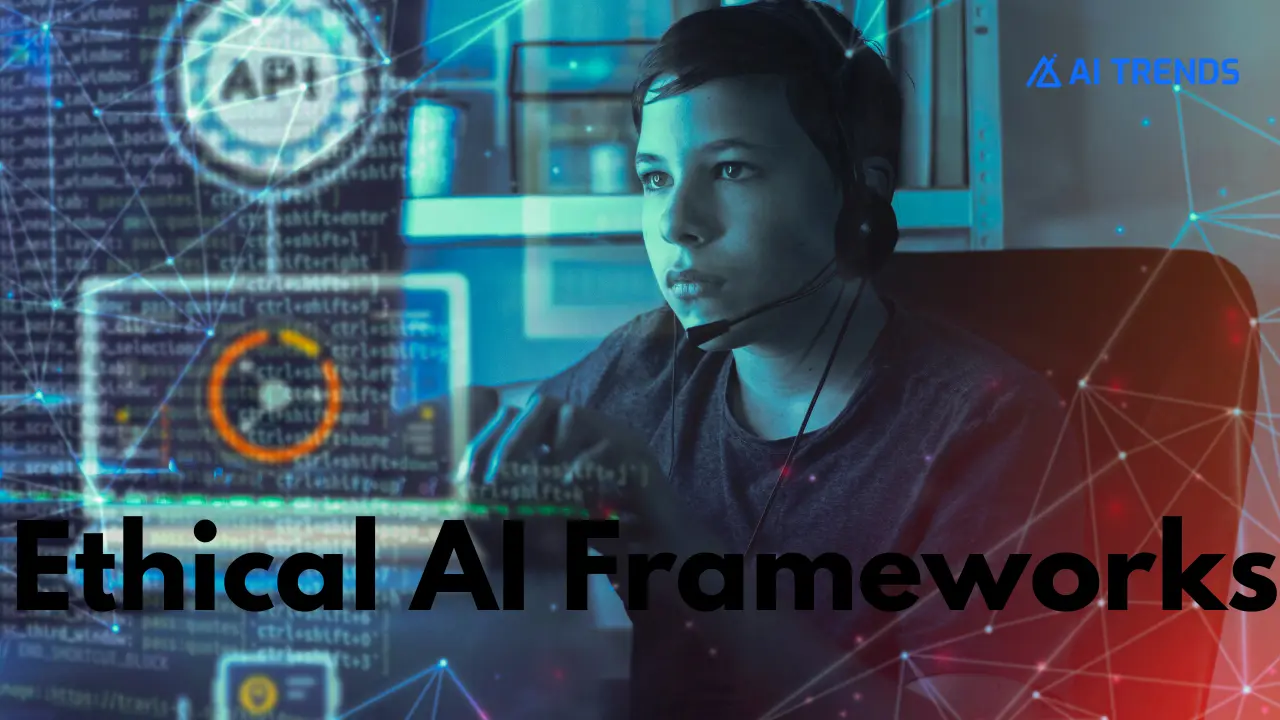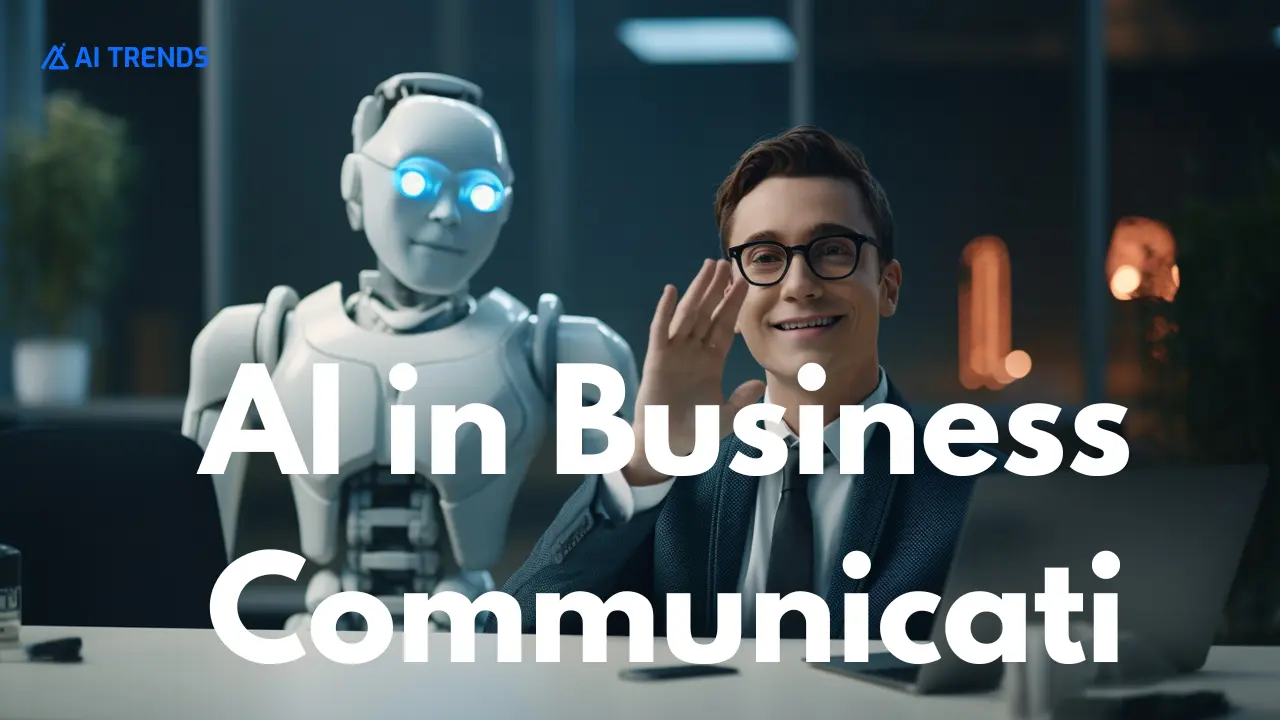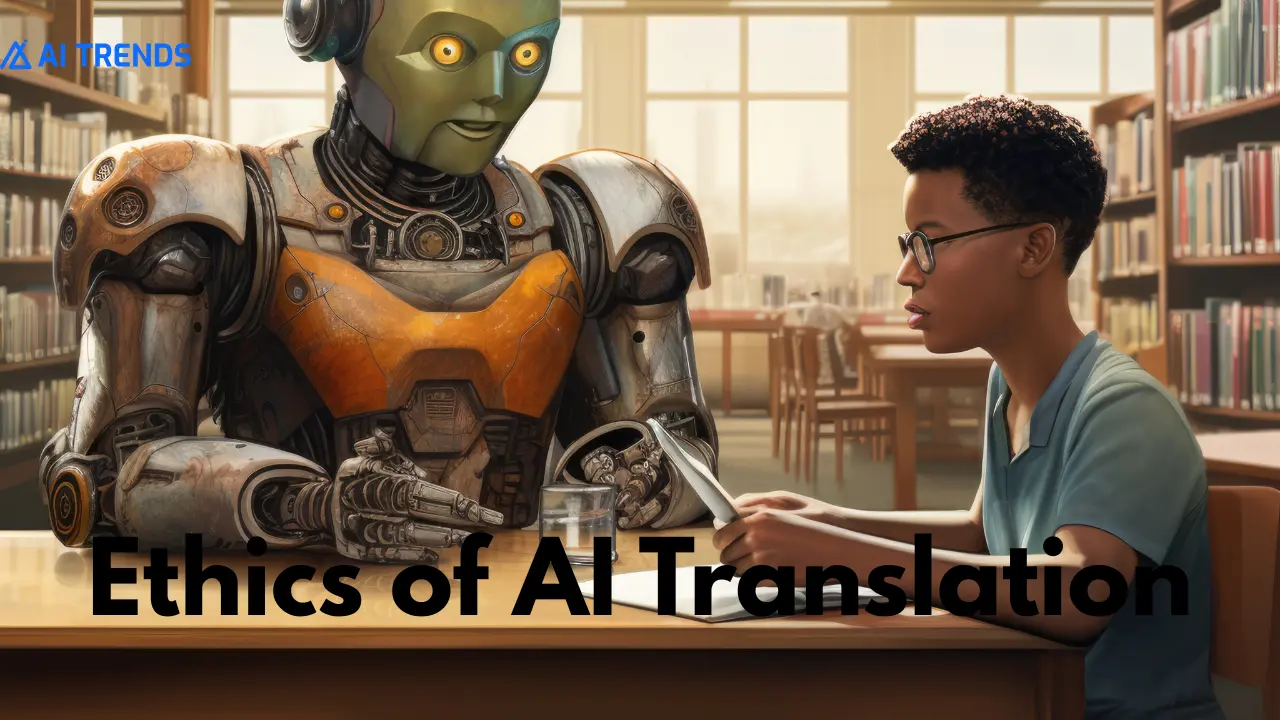Table of Contents
Artificial Intelligence has become everywhere these days. Be it chatbots. Face recognition cameras or autonomous vehicles, AI has become a part of our lives. But the question is. If we can teach machines everything. So, can we also teach them ethics? This is where Ethical AI Frameworks are needed.
What is an Ethical AI Framework?
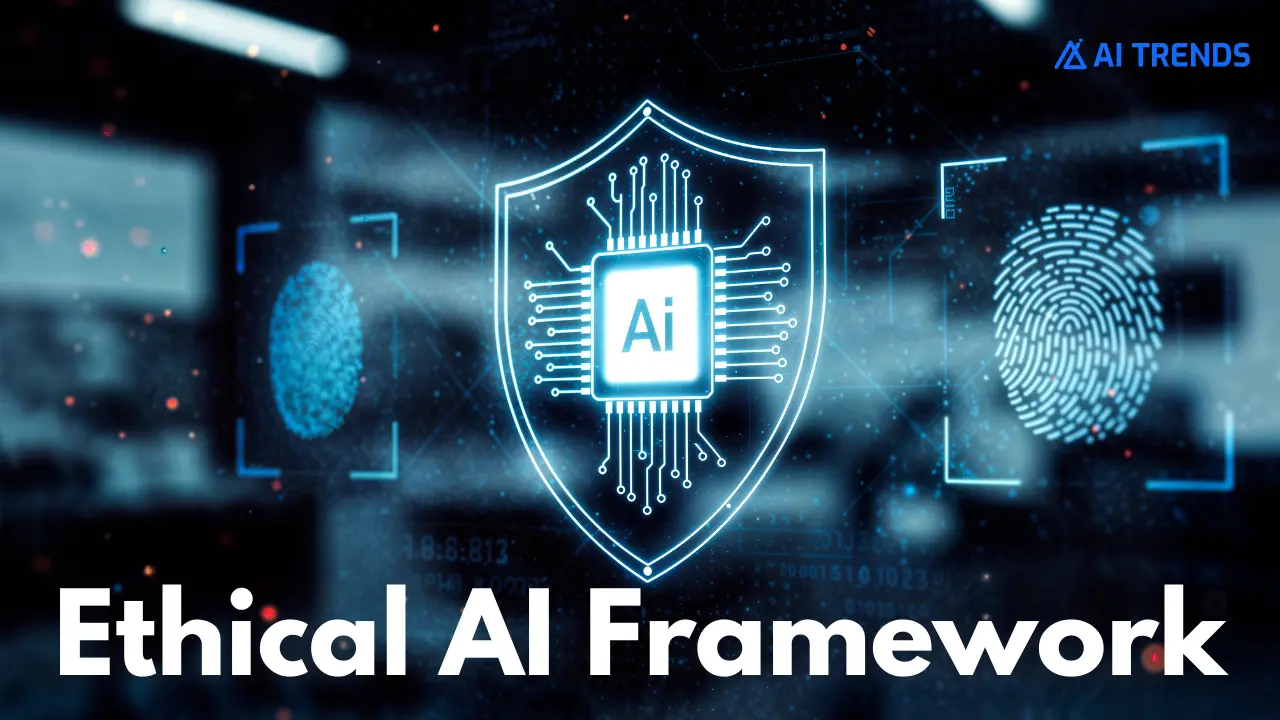
In simple terms, an Ethical AI Framework is a system. Which determines. What principles should the AI follow? It means how the AI should make decisions within what boundaries. And be fair to humans. This framework mainly emphasises five things.
- Transparency
- Fairness
- Accountability
- Privacy
- Human Well-being
- Let’s talk about them in a little more detail.
Transparency: What’s going on in the mind of an AI?
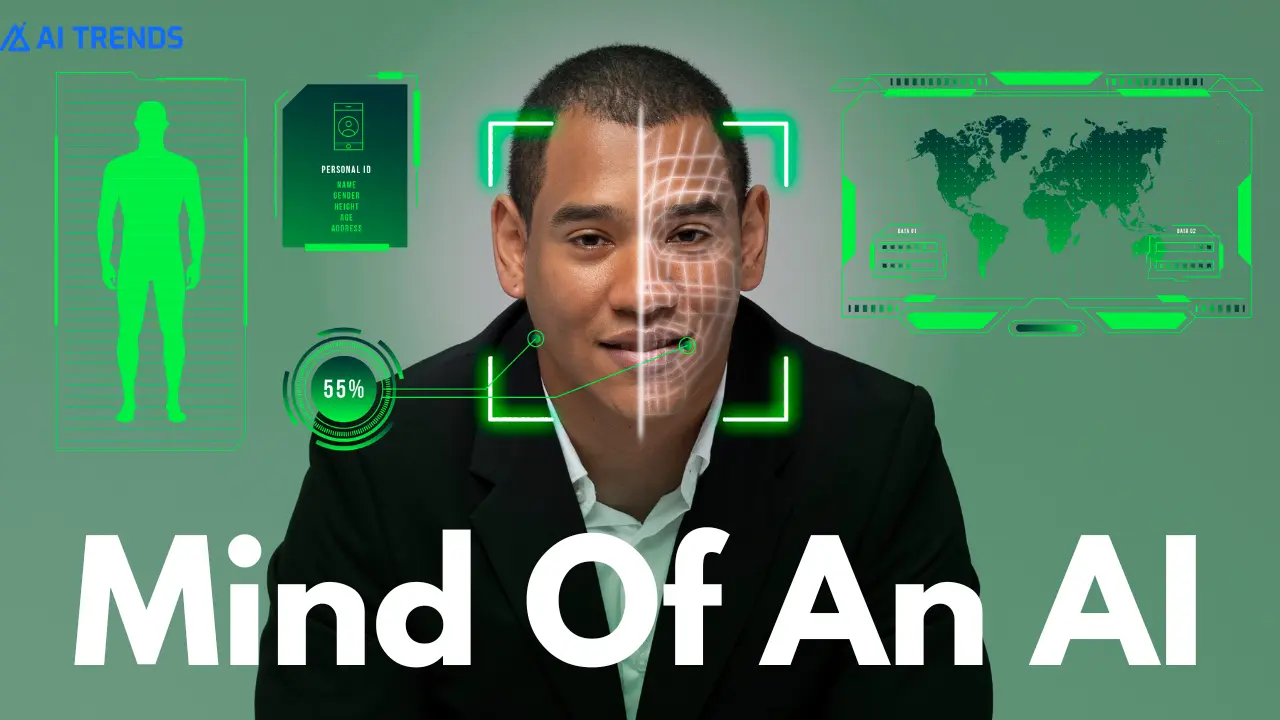
Can we understand the reasoning behind the AI decision it makes, such as selecting someone for a job? If we can’t, that’s a big problem. We refer to this as transparency. It implies that AI ought to be understandable and transparent. The AI’s decision-making process should be transparent to both experts and the general public. Let’s now discuss justice, which entails treating everyone equally. It would be unfair if an AI system only offered jobs to white people while ignoring everyone else. AI should not discriminate against any race, gender, religion, or language to be considered just. Frameworks for ethics aid in resolving this. To ensure that everyone has an equal opportunity, they ensure that the data is impartial and balanced. Continue reading.
Responsibility: Someone has to be accountable
If a self-driving car hits a person, who should be blamed? Is it the car’s fault? The person who made it? Or the company that owns it? This is a big question. The truth is, behind every AI system, there should be a real human who watches what it does and takes action if something goes wrong. This is called accountability it means someone must take responsibility when AI makes a mistake.
Privacy: Our information, our right
Today, AI is watching and listening more than ever. It can record our voice, face, location, and even private chats. That’s why privacy is very important. Privacy means AI should only use our personal data for the reason we agreed to and never without permission. Another important thing is human well-being. AI should help people, not hurt them. We don’t build AI to steal our jobs or control us. We build it to make life easier. So, every decision AI makes should help humans, not harm them.
How are Ethical AI Frameworks being created around the world?
Many countries and organisations around the world are creating Ethical AI Frameworks at their own level. Let’s look at some important examples:
1. European Union’s AI Act
The European Union has introduced a law. The aim of which is to make AI safe, reliable, and human-friendly. This law makes it clear that there will be strict restrictions on dangerous AI.
2.US NIST Framework
The National Institute of Standards and Technology (NIST) in the United States has created a comprehensive guideline for AI. In which transparency and privacy have been given great importance.
3. China’s AI Policy
China has also introduced its own principles for responsible AI. But there is a lot of government control there. Which some people find unethical. Read more
What are companies doing?
Big tech companies like Google, Microsoft, and OpenAI have also created their own rules for Ethical AI. They have separate Ethics Teams that review each new AI product.
For example:
- Google has published AI Principles. This states that their AI will only be used for good purposes.
- Microsoft has created a Responsible AI Standard that applies to every project.
What if there is no Ethical AI Framework?
- If we develop AI without principles, it can be very dangerous.
- Loss of jobs: AI can replace humans.
- Bias in data can influence decisions.
- Personal information could leak, causing privacy violations.
- Dangerous automated systems, Such as unmanned armed robots.
What should be done to create Ethical AI?
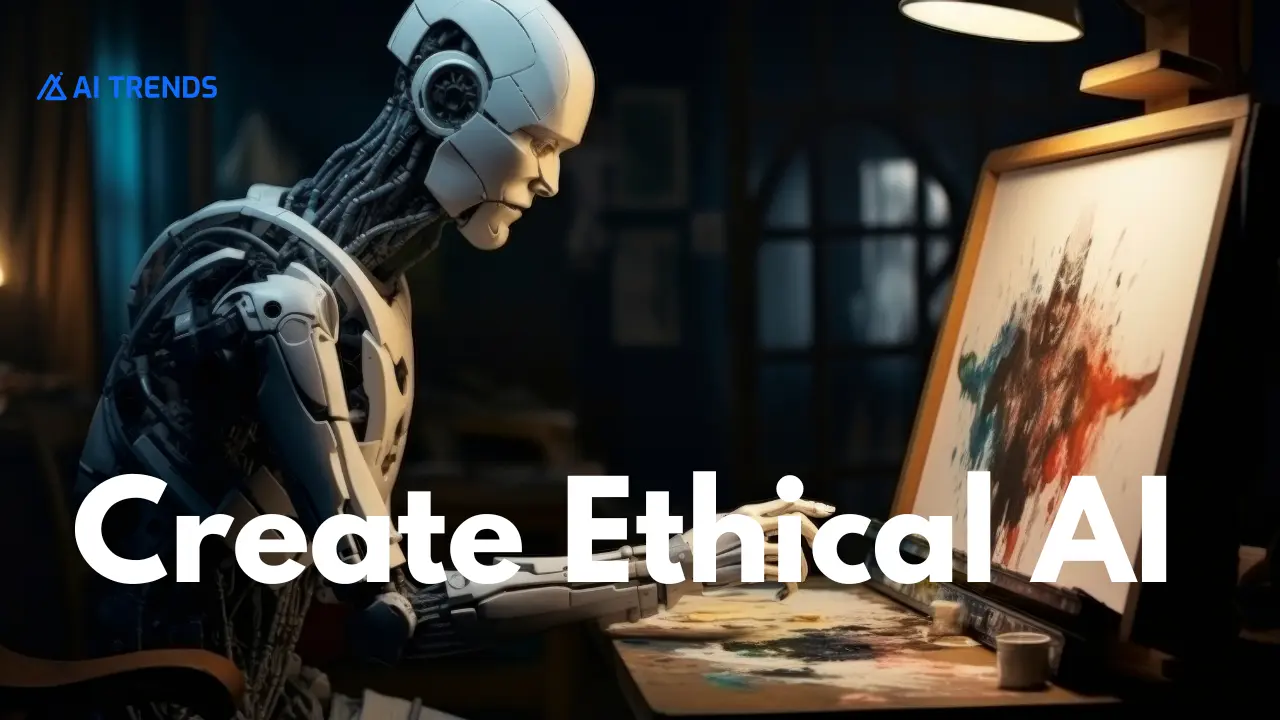
How to build safe and fair AI? First, we must choose the right data it should be fair and not one-sided. Second, we need a team of experts from different fields, so all types of people and ideas are included. Third, there should be a checking system; someone must regularly review what the AI is doing to make sure it’s doing the right thing. Fourth, we should teach users about AI, so they understand how it works and what it can or cannot do. And last, governments should make clear laws and rules to guide how AI is made and used.
What will the Ethical AI of the future look like?
We want a world in the future. Where AI is an assistant to humans, not a ruler. Has feelings, even if they don’t have them. Read more
Definition
Artificial Intelligence (AI) is the fastest-growing, most exciting, and sometimes even scary change happening in the world right now. It has completely changed the way we live. Let’s first define artificial intelligence. AI is the ability of a computer program or system to learn, comprehend, make decisions, and solve problems in a manner similar to that of a human. It’s like the incessantly awake digital cousin of your brain! Another important part of AI is its types. One type is called Narrow AI. This kind of AI is really good at doing just one thing — like translating languages, playing chess, or recognising faces.
The third big topic is the benefits of AI
AI helps doctors find diseases more easily in hospitals. It also makes learning smarter in schools and helps machines work on their own in factories. In daily life, AI makes things easier too, like when your phone fixes a picture by itself, or when Netflix shows you a movie you might like. All of this is done by AI.
The fourth important topic is the risks of AI.
If AI is used by the wrong people or allowed to work without any rules, it can cause big problems. It could turn unjust, disseminate false information, steal employment, and even compromise people’s privacy. That is why we must be cautious about how artificial intelligence is applied.
Future of AI
The future of AI is not just about technology – it’s about people too. In the next few years, AI will be used in our courts, parliaments, police systems, and even in friendships. That’s why it’s very important to understand AI and make sure it follows moral rules. If we don’t, then one day AI might act like a judge itself and give out punishments without asking us. This shows that AI is more than just machines or software. It’s a whole world. If we guide it in the right way, AI can make life better for everyone, like a paradise. But if we lose control, it can turn into a big problem, just like in the scary movie Terminator.
Conclusion:
Artificial Intelligence (AI) is moving us from a hard world to an easy world where everything becomes automated, fast, and smart.
FAQ
1. What is an ethical AI framework?
An ethical AI framework is a set of rules and guidelines that help make sure artificial intelligence is fair, safe, and respectful to all people.
2. Why do we need ethical AI frameworks?
We need them to stop AI from doing harm, being unfair, or invading privacy. They guide developers to create responsible AI systems.
5. How can businesses follow ethical AI frameworks?
Businesses can use these frameworks when designing or using AI tools. They should test AI for bias, explain how it works, and protect user data.





